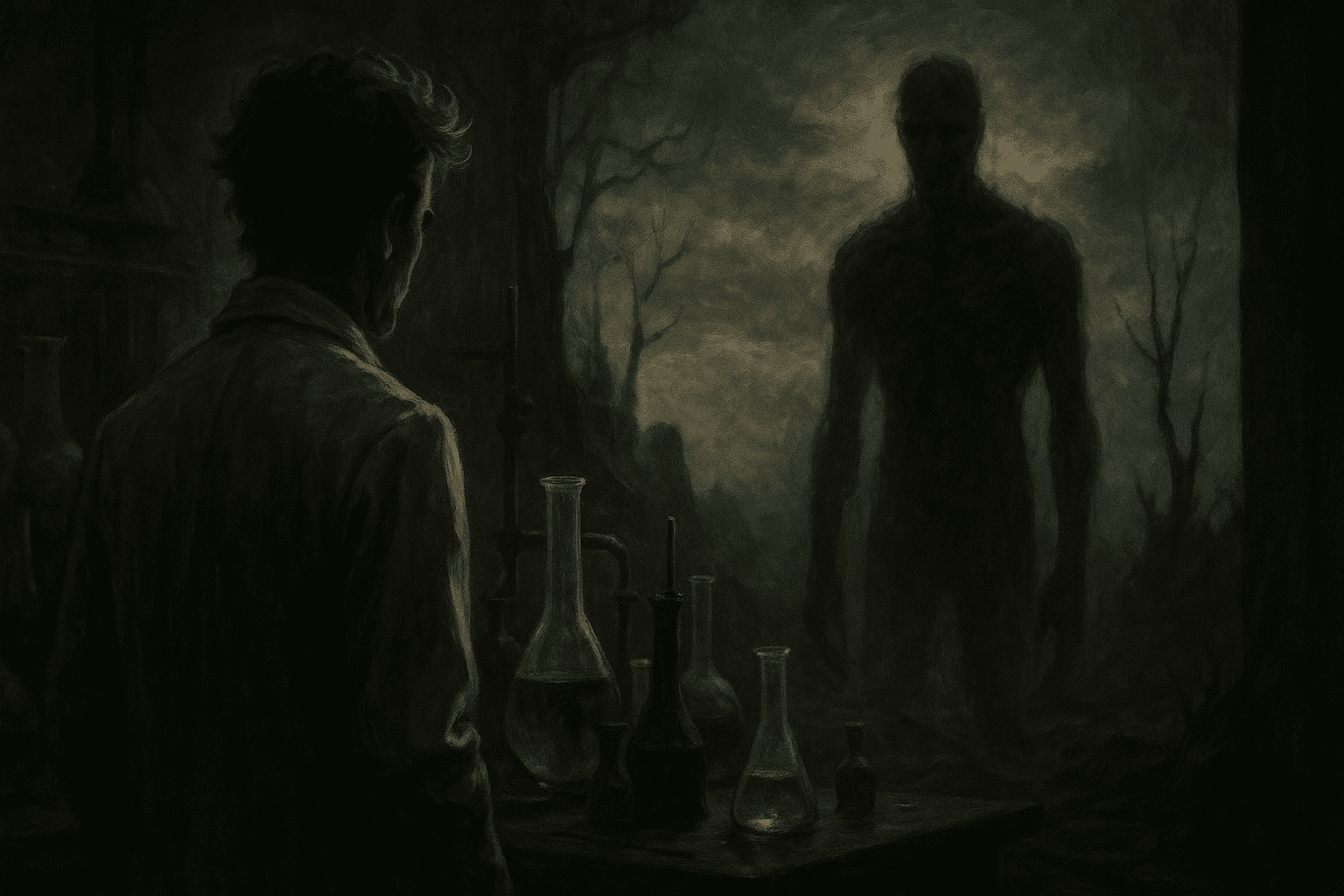The Ethical Implications of Science in Frankenstein: A Cautionary Tale

Mary Shelley's "Frankenstein" is more than just a tale of horror; it's a deep dive into the ethical implications of scientific ambition. At its core, the novel questions what happens when humanity pushes the boundaries of knowledge without considering the moral responsibilities that come with it.
From the outset, Robert Walton's enthusiastic letters to his sister introduce us to the pursuit of knowledge that drives many characters in the story. Walton's eagerness to explore the uncharted territories of the North Pole foreshadows the tumultuous journey that awaits Victor Frankenstein. Just like Walton, Victor is fueled by an insatiable thirst for discovery, yet both characters fail to heed the warnings that accompany their ambitions. This theme of unchecked curiosity is a thread that runs throughout the narrative, ultimately leading to dire consequences.
As we follow Victor's early fascination with science, we witness how his childhood curiosity evolves into a reckless obsession. Initially drawn to the mysteries of life and death, Victor's ambition blinds him to the ethical implications of his work. He becomes so consumed by his desire to create life that he neglects the moral responsibilities that come with such power. The moment he succeeds in animating his creature marks a pivotal shift in the story, transforming his ambition into regret and horror. This moment not only highlights the ethical dilemmas inherent in scientific exploration but also serves as a cautionary tale about the potential fallout when creators abandon their creations.
Victor's journey showcases the emotional turmoil that arises when scientific ambition goes unchecked. The tragic deaths of his loved ones, particularly the loss of his younger brother William, emphasize the real-world consequences of his reckless pursuits. As Victor grapples with guilt and responsibility, we are left to ponder the moral obligations of scientists. What happens when ambition overrides ethical considerations? How do we balance the thirst for knowledge with the responsibility to protect humanity?
The creature itself becomes a poignant symbol of the consequences of Victor's actions. Cut off from human connection and subjected to societal rejection, the creature's suffering serves as a reflection of Victor's failure to consider the ethical implications of creating life. His longing for acceptance and companionship underscores the need for accountability in scientific discovery. In this way, Shelley not only critiques the hubris of her protagonist but also challenges readers to reflect on their own responsibilities in the face of scientific advancement.
In the end, Victor's tragic downfall serves as a stark reminder that the pursuit of knowledge must be tempered with ethical consideration. As he chases his creature across desolate landscapes, he comes to understand that scientific exploration devoid of empathy can lead to devastation, not just for the scientist but for society at large. Shelley's cautionary tale resonates even today, urging us to consider the ethical dimensions of our own scientific endeavors. Are we, like Victor, risking everything in our quest for knowledge? The legacy of "Frankenstein" serves as a timeless warning: ambition without responsibility can have catastrophic consequences.
Books: Frankenstein; Or, The Modern Prometheus
Authors: Mary Wollstonecraft Shelley
Publishers: Public Domain